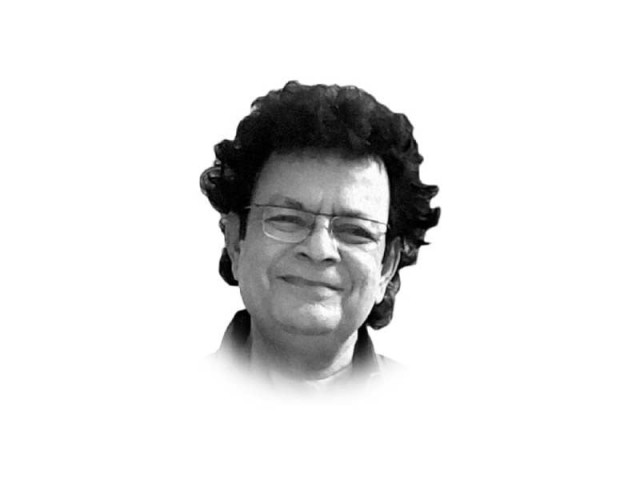Man is his biggest ruler
People have power to guide rulers provided that they realise their potential

Humanity has conquered the world in the last few centuries. The axis and centre of humanity is the man himself. The basic lesson for humans is to find meaning for life. And this meaning is born from within. A man’s opinion is his biggest ruler. So there is need for us to listen to our own voice and trust ourselves if we want to achieve happiness in life. And since the man’s whole life activity revolves around his pursuit of happiness, it is impossible for any governance system to sustain if it does not serve humanity. In other words, people have the power to guide rulers provided that they realise their potential.
In his novel, Emile: or Treatise on Education, published in the 18th century, known as the Bible of Feelings, Jean-Jacques Rousseau has beautifully explained this theory, “When I was looking for lifestyle rules, I found them in the abyss of my heart, where nature had engraved them in letters that were indelible. I only needed to consult myself as to what I should do, what I think is good is good and what I think is bad is bad.”
There is Jewish proverb that God smiles when man thinks. Come and let us think: Do our lives have any meaning or are we going on living our lives without meaning? Do we ever hear our voices or we just remain deaf? Do we trust ourselves? Are we doing justice to ourselves or are we being oppressed upon ourselves? Have we ever wondered why our fate is constantly suffering? Why are the world’s joys, comforts and pleasures angry with us? Are we born unlucky or have we made ourselves unlucky? Why are we reaping the harvest of sorrows and pains day in and day out? Has it ever happened in the world that people woke up one day and got all the happiness, joy and comfort?
History tells us that man has always wrested with all these things while fighting against the tyrants and oppressors. On December 1989, Romanian dictator Nicolae Ceausescu decided to hold a large public gathering of his supporters in the centre of Bucharest. It was when the Berlin Wall fell and Germany had been unified. And other countries in the region like Poland, Hungary, Bulgaria and Czechoslovakia had been revolutionised. Ceausescu, who had been ruling Romania since 1965, still believed that he would withstand this tsunami of change. He organised this grand public meeting to prove to Romania and the rest of the world that the majority of the population still loved him and that there is no challenger to his power in Romania. The Romanian communist party filled the main square of the city with around one hundred thousand people. All Romanian citizens were instructed to give up work and sit in front of the radio and television. Ceausescu appeared before this seemingly enthusiastic crowd from the intersection balcony where he had addressed dozens of times over the past several decades. He was accompanied by his wife Elena Ceausescu and a group of top party leaders.
As Ceausescu began his speech, he praised socialism in Romania for eight minutes. He seemed very happy with the applause of the crowd. All this was being shown live on television. He started off with saying, “I want to thank the planners and the management of “this great public meeting in Bucharest…” but then he had to fall silent. His eyes widened in surprise because he had not finished his sentence that someone shouted at him from the crowd. A voice then came from another direction. Then another voice came banging. And in the next few moments, the whole crowed was whistling. People were raising slogans against Ceausescu and hurling insulting words at him. About three-fourths of the population were watching everything live on TV.
Communist Romania collapsed when a hundred thousand people got convinced that they were more powerful than the dictator. Human history bears testimony to the fact that the governments and states — which cannot give prosperity, freedom and meaning of life to their citizens — don’t survive for long. The only justification for states and governments to survive is to ensure people’s welfare. The sooner we understand this, the better.
Published in The Express Tribune, January 10th, 2024.
Like Opinion & Editorial on Facebook, follow @ETOpEd on Twitter to receive all updates on all our daily pieces.















COMMENTS
Comments are moderated and generally will be posted if they are on-topic and not abusive.
For more information, please see our Comments FAQ